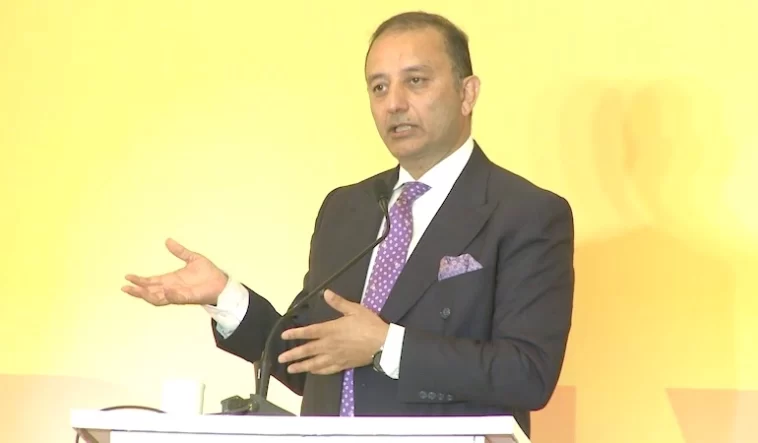Musadik Malik, the minister of state for petroleum, stated on Friday that the schedule for crude oil transfer from Pakistan to Russia has been agreed upon for late March. He added that Pakistan intends to import 35% of its whole crude oil needs from Russia.
The 8th Session of the Pakistan-Russia Inter-Governmental Commission on Trade, Economic, Scientific and Technical Cooperation released a joint statement in which it was stated that Pakistan and Russia had mutually agreed to complete the transaction structure for trade in the oil and gas sector by March 2023.
The Pakistan-Russia Inter-Governmental Commission on Trade, Economic, Scientific, and Technical Cooperation (IGCeighth )’s session, which took place in Islamabad from January 18–20, 2023, approved this.
In charge of it were Ayaz Sadiq, Pakistan’s Federal Minister for Economic Affairs, and Nikolay Shulginov, Russia’s Minister of Energy. The Session was also attended by senior delegates from both sides, including Ministers and officials.
Prime Minister Shahbaz Sharif and Russian President Vladimir Putin, who were directly involved in the process, used the chance to reaffirm their commitment to a robust and extensive economic relationship.
Both parties concurred that the oil and gas trading transaction will be set up so that it has a mutually beneficial economic outcome for both nations after consensus on the technical specifications has been reached. March 2023 is the deadline for finishing the process.
Both parties continued the process further and looked into new areas of collaboration after the seventh IGC’s debates and decisions. Both parties agreed to further deepen and expand their mutual cooperation in the areas of business and investment, energy, communication and transportation, higher education, industry, railroads, banking and finance, customs, agriculture, research and technology, and information technology.
The above-mentioned economic sectors have great promise for the socioeconomic growth of both countries, and both parties saw and acknowledged promising prospects for real, actionable projects in these areas. The Commission decided that the relevant ministries and departments from both sides will actively pursue this opportunity for shared prosperity.
On the basis of advantageous commercial terms and strategic cooperation, participants also decided to expand investment in energy infrastructure. The “Comprehensive Plan for Energy Cooperation,” which will serve as the basis for future work and be completed in 2023, is a project on which both parties have agreed to collaborate.
Both parties concurred that the Pakistan Stream Gas Pipeline Project should be taken into account as part of a comprehensive infrastructure that is economically viable for the establishment of a sustainable gas infrastructure that guarantees access to affordable gas supplies.
The federal and provincial governments of Pakistan were encouraged to participate in potential projects, including some that would be PPPs, and it was recommended that Russian businesspeople investigate these options.
In order to improve their mutual collaboration and talk about issues relating to connectivity and logistics in Central and South Asia, the parties decided to designate focal points from each side. The parties also decided to take the necessary steps to boost their bilateral cooperation in science, technology, and higher education, particularly in terms of academic ties, jointly conducted research projects that have an impact, training and development opportunities, and increased interest from Pakistani citizens in studying in the Russian Federation.
Both parties agreed to further investigate the possibility after talking about creative business practises, including barter. The two sides agreed to exchange information for creating and enhancing rail and road infrastructure in the framework of their shared goals of promoting regional integration and Eurasian connectivity.


